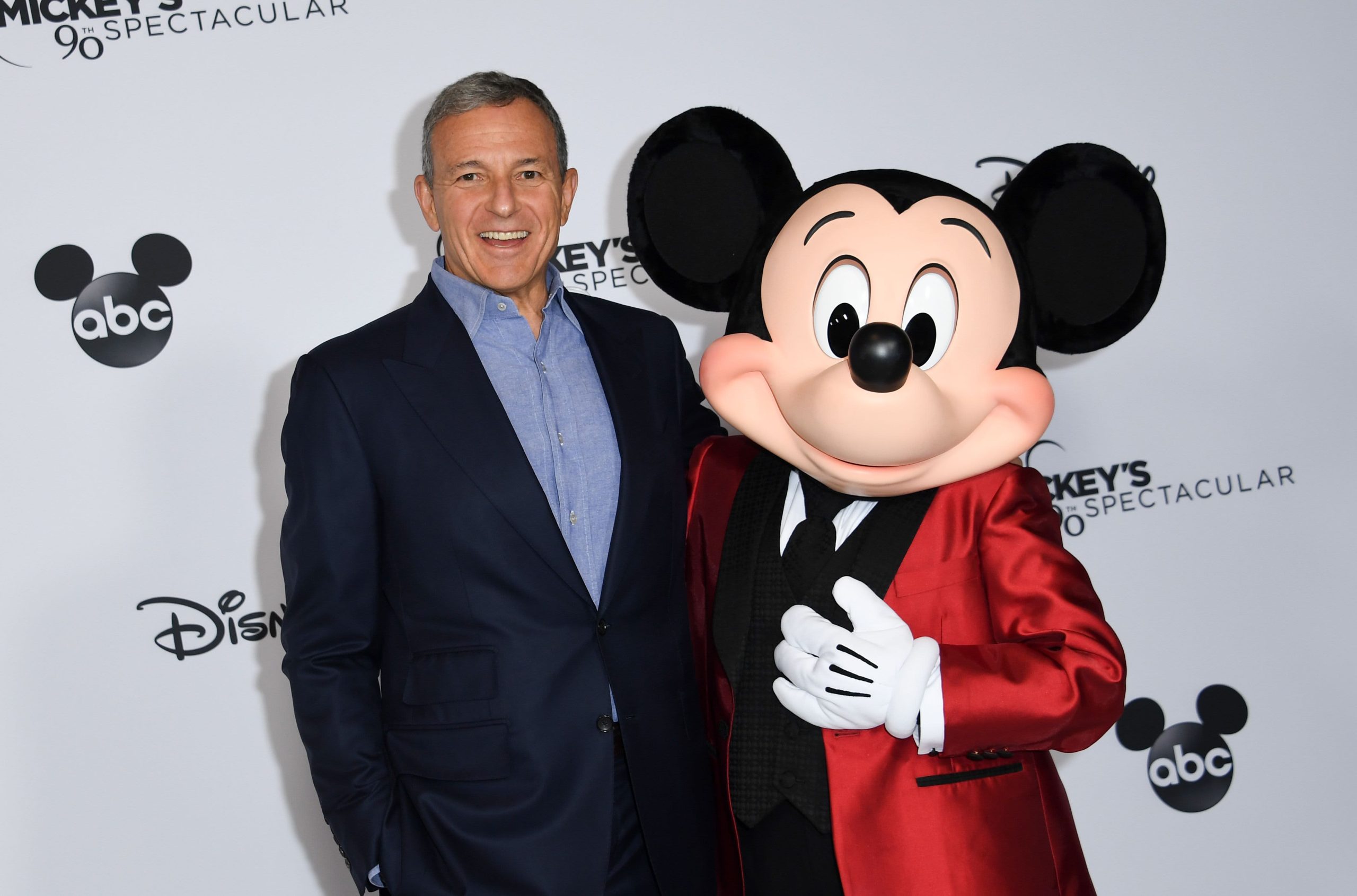Posted on: December 21, 2022, 04:00h.
Last updated on: December 21, 2022, 12:51h.
With the return of Bob Iger to the helm of Walt Disney (NYSE:DIS), it’s possible the company reconsiders spinning off ESPN, potentially paving the way for the sports broadcast behemoth to more freely explore sports betting opportunities.


In a note to clients Tuesday, Wells Fargo media analyst Steven Cahall said Disney could spin out ABC and ESPN into a separate company by the end of next year. The idea of separating ESPN was broached in August when hedge fund Third Point took a new stake in Disney. At that time, the firm argued ESPN as a standalone entity could better take advantage of the booming US sports betting market.
However, Third Point founder Daniel Loeb changed his tune in September, indicating he was on board with the sports network remaining part of the broader Disney portfolio. That view was shared by former CEO Bob Chapek who also favored ESPN boosting its sports wagering footprint.
Chapek frequently teased the notion of a substantive sports wagering deal involving ESPN and another company, but that never materialized. Now, Iger is back atop Disney and it’s believed he’s not as up to speed on sports betting as was Chapek. Last month, ESPN Chairman Jimmy Pitaro said no sports wagering deal is imminent for the media company.
Disney Could Pursue Pure IP Without ESPN
Cahill said it’s possible Disney will leverage assets such as Marvel, Pixar and Star Wars to become a pure play intellectual property (IP) entity. ABC and ESPN don’t fit with that objective.
We think Bob Iger is returning to Disney ready to make big changes,” Cahall wrote. “In the near term, we think the CEO and his key reports are focused on content and cost rationalization. However, over the longer term we expect a deeper think on portfolio reshaping.”
Translation: Marvel, Pixar and Star Wars movies are original content, enabling Disney to capitalize on those offerings through syndicated rights, merchandise and at its theme parks. No such advantages are accrued by broadcasting news and sports.
Cahall added that during Iger’s previous stint as Disney’s chief executive officer, IP was a priority and owing to the decline of linear television, the Disney boss could be compelled to part ways with traditional media entities.
The company previously known as Capital Cities/ABC took a stake in ESPN in 1984. Disney merged with that entity in 1996, retaining the Disney name.
Not Much Reason for Disney, ESPN to Stay Together
Citing the evolution of how media is consumer, Cahall sees little reason for Disney and ESPN to stay together, though he doesn’t mention sports wagering as reason for the sports network to stand alone.
“Linear is mostly sports and domestic, while [streaming] is global and leverages owned franchise IP. That IP ties directly into Parks experiences, consumer products and gaming. Sports does not have these ancillary monetization models,” noted the analyst.
Indeed, it’s possible that Iger opts for big change, which he’s already done in his brief back at the helm of Disney by reshuffling the media business and pushing Disney Studios to develop content that’s less polarizing and more appealing to broader audiences.
(Except for the headline, this story has not been edited by PostX News and is published from a syndicated feed.)

